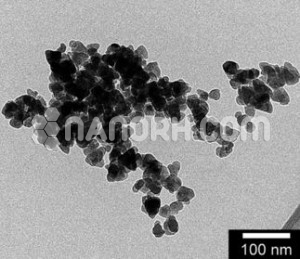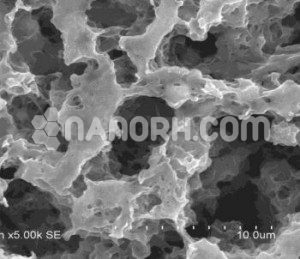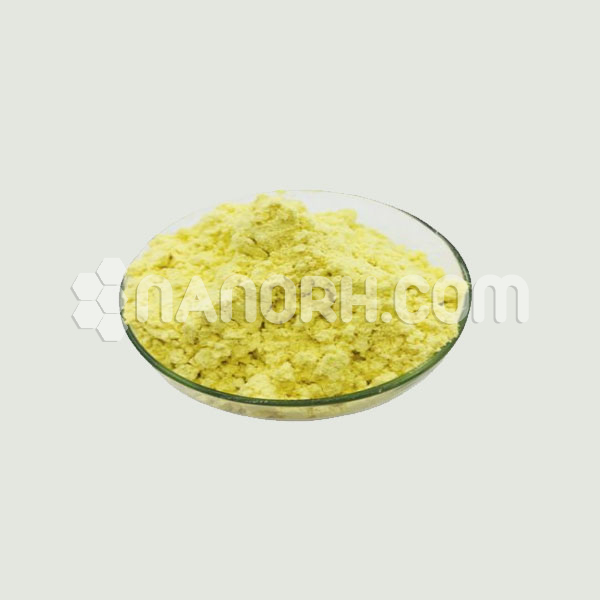| Zinc Acetate Nanoparticles | |
| Product No | NRE-30041 |
| CAS | 557-34-6 |
| Purity | 99.9% |
| APS | <100 nm (can be customized) |
| Formula | Zn(OAc)2 |
| Molecular Weight | 112.85 g/mol |
| Density | 1.74 g/cm³ |
| Color | White |
| Melting Point | NA |
| Boiling Point | NA |
Zinc Acetate Nanoparticles
Zn(OAc)2re gaining attention for their diverse applications across various fields due to their unique properties.
Medical and Healthcare
Antimicrobial Agents: Zn(OAc)2exhibit strong antimicrobial properties, making them effective against bacteria, fungi, and viruses. They are used in wound dressings, antiseptics, and as a coating for medical devices to reduce infections.
Drug Delivery: They can be used as carriers in drug delivery systems. Their ability to encapsulate and release drugs in a controlled manner enhances the effectiveness of therapeutic agents and reduces side effects.
Diagnostic Imaging: Zn(OAc)2 can be used in imaging techniques, such as magnetic resonance imaging (MRI) or fluorescence imaging, to improve the visibility and diagnosis of diseases.
Cosmetics and Personal Care
Sunscreens: Zinc nanoparticles are used in sunscreens and other skincare products to provide broad-spectrum UV protection without leaving a white residue on the skin.
Anti-Aging Products: Due to their antioxidant properties, Zn(OAc)2are incorporated into anti-aging creams to protect the skin from oxidative stress and reduce signs of aging.
Agriculture
Pesticides and Fungicides: Zn(OAc)2are used as components in pesticides and fungicides. Their antimicrobial properties help protect crops from diseases and enhance agricultural productivity.
Soil Enrichment: They are also used as micronutrient supplements in fertilizers to improve soil health and promote plant growth.
Environmental Applications
Water Purification: Zn(OAc)2are employed in water treatment processes to remove contaminants and pollutants, including heavy metals and organic compounds.
Catalysis: They are used as catalysts in various chemical reactions to degrade pollutants and reduce environmental impact.
Textiles and Coatings
Antibacterial Textiles: Zn(OAc)2 Incorporating into textiles can impart antibacterial properties, making them suitable for medical fabrics, sportswear, and home textiles.
Protective Coatings: They are used in coatings to provide antimicrobial protection and enhance the durability of surfaces.
Electronics and Sensors
Semiconductors: Zn(OAc)2are utilized in the fabrication of semiconductor materials for electronic devices, including sensors and optoelectronic components.
Gas Sensors: They are used in gas sensors for detecting gases like carbon dioxide and ammonia due to their sensitivity and selectivity.
Energy
Solar Cells: Zinc acetate nanoparticles are used in the production of thin-film solar cells, enhancing their efficiency and performance.
Batteries: They are employed in battery technologies to improve the performance and longevity of energy storage devices.
Food Industry
Food Preservation: Zinc acetate nanoparticles are used in food packaging and preservation to inhibit microbial growth and extend shelf life.
Nutritional Supplements: They are included in dietary supplements to provide a source of zinc, an essential nutrient for human health.
Pharmaceutical Industry
Vaccine Adjuvants: can act as adjuvants in vaccines, enhancing the immune response and effectiveness of the vaccines.




